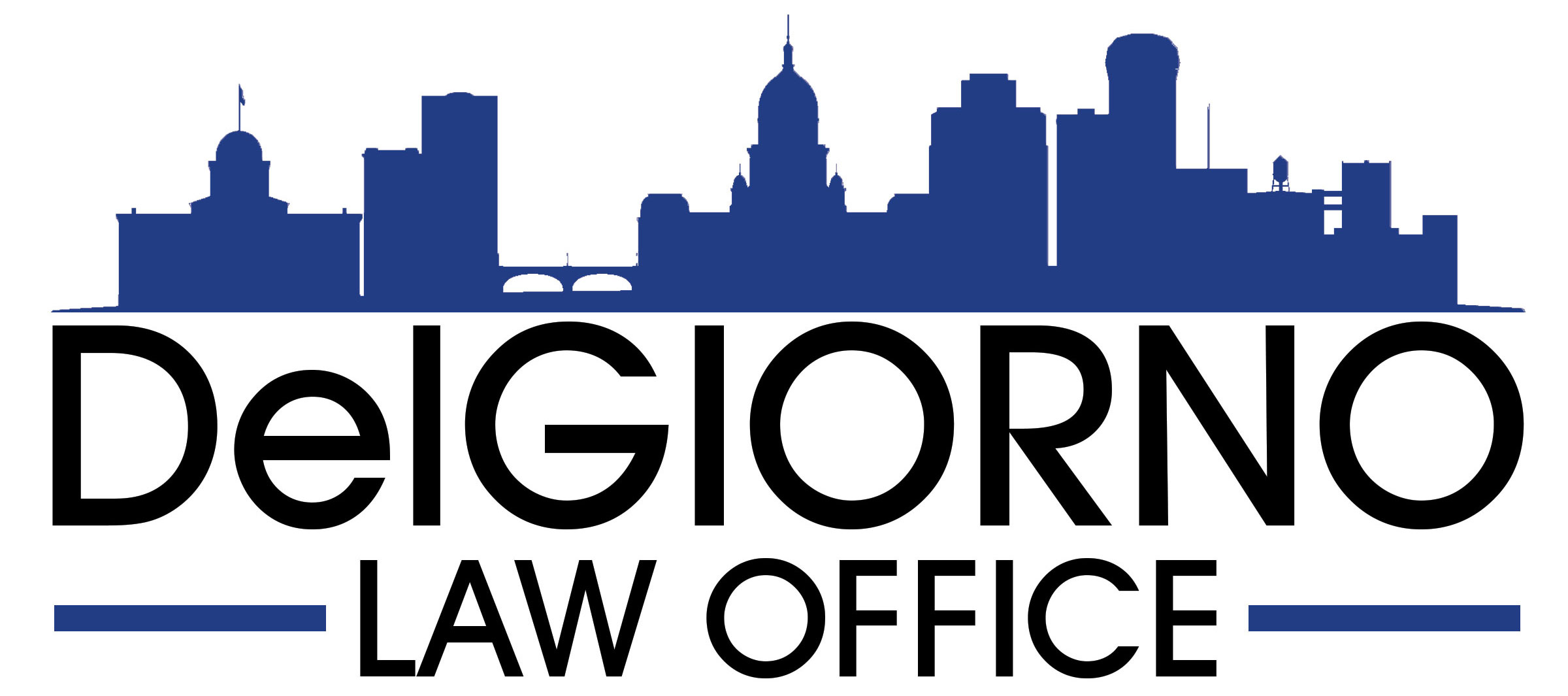Recently, I had an opportunity to give a talk concerning the common misconceptions that folks have about asset protection planning and estate planning. As 2008 draws to a close after a tumultuous year on Wall Street, it is important to understand some of these misconceptions and to avoid them as you consider planning for your retirement years and the preservation of your assets.
Here are three of the most common misconceptions:
Misconception Number 1:
Placing Names of Children on Assets will Protect the Asset.
A. First, placing the name of another person on any asset gives that person an ownership interest in the property (i.e, IT’S NOW THEIR ASSET, TOO!!!)
Doing this makes the asset susceptible to the creditors of an owner. If the person has financial problems, including medical bills, credit cards, or even the severity of considering bankruptcy, the asset (to the extent of the ownership interest) becomes available to creditors to garnish, attach, lien, levy, or foreclose against.
B. Second, when considering Medicaid eligibility, joint ownership does nothing to protect an asset.
Medicaid eligibility is determined by the assets and income of an individual or a married couple, as the case may be. The asset limitation for a married couple who are both on Medicaid is $3,000, for a single person the limit is $2,000. (Note that these limitations are different when you have one spouse in a nursing home and one living at home in the community). An asset that is jointly held is considered to be 100% available to the Medicaid recipient.
C. Assets in a child’s name means they can use the asset, too.
In terms of bank accounts or investments, a child’s name on the account means the child can withdraw 100% of the value of the account. Hopefully, you’re not counting on that asset!
Misconception Number 2:
I executed a Power of Attorney at the hospital, I don’t need anything else!
Q: Have you ever signed a Power of Attorney?
A: I signed one at the hospital.
Q: Have you ever signed one for property?
A: There’s a difference?
This question and answer scenario does happen more times than you may suspect. Many times, people are under the false impression that signing a form at the hospital allows an agent to make more decisions than just health care related decisions.
It is important that everyone know that there are two types of Powers of Attorney: Healthcare and Property.
The property Power of Attorney allows a named agent to have access to financial information and to make financial decisions, such as opening and closing accounts, selling property, etc.
It is important to know, however, that forms that are easily available at an office supply store or from the internet do not necessarily have all of the language that is necessary.
The internet and store-bought forms may not contain Illinois specific language or explain signature, witness, and notarization requirements.
Also, it is important to understand that absent specific language, a person cannot change ownership of property (i.e., gifting property) using a standard power of attorney. This can be important for Medicaid planning or tax purposes.
Also, without a Power of Attorney for Healthcare and Property, should someone need to make decisions for you due to incapacity, the only way to get the authority is through the court appointed guardianship process.
Misconception Number 3:
If I sign a Power of Attorney, I lose my rights and/or control of my life?
It is true that a Power of Attorney gives a lot of authority to someone to act on your behalf. However, there are limits to this authority.
First, a Power of Attorney does not have to become effective as of the time you sign it. It can be written so that it is not effective unless a physician signs a statement that finds the signor of the Power of Attorney incompetent to make their own decisions.
Second, a Power of Attorney does not have to give “carte blanche” authority. The authority can be as vast or as limited as you wish. However, should an authority be reserved but later found to be necessary for the best interest of you and your estate plan, only a court order can grant this authority.
Third, it is important for your immediate family to be involved. Family members are “interested persons” for the purpose of filing a lawsuit demanding an accounting from an agent who may be guilty of abusing his/her authority. An agent named in a Power of Attorney must keep meticulous records of any receipts and expenditures made with a person’s assets.
Finally, there is help available from the Illinois Department on Aging through its Elder Abuse Prevention Program. Elder Abuse includes not only physical and emotional abuse, but financial exploitation through abusive Power of Attorney relationships. If you or a loved one believe you may be the victim of elder abuse, you can call the Senior Helpline at 1-800-252-8966.

Recent Comments